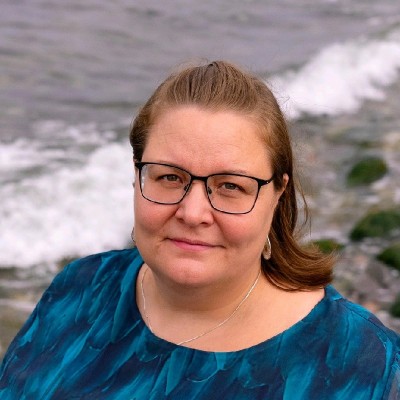Excellent science talks from BioEcoOcean researchers!
Whether it's eDNA or space observations, integration of socio-economic and ecological data, or modelling the biological carbon pump - BioEcoOcean has this and more to share and discuss with you at this free webinar.
Watch the recording on YouTube
Meet our fantastic speakers and moderator:
Introduction to BioEcoOcean
Beyond the usual suspects - can additional variables advance your research?
- Lina Mtwana Nordlund (Uppsala University)
Lina Mtwana Nordlund is the BioEcoOcean project coordinator and an associate Professor at Uppsala University, Sweden, specializing in coastal sustainability. As the Project Coordinator for BioEcoOcean, a Horizon Europe-funded initiative, she focuses on co-creating transformative pathways for biological and ecosystem ocean observations. Her research takes a transdisciplinary approach, emphasizing social-ecological systems and futures thinking, with a particular focus on seagrass ecosystems, fisheries, ecosystem services, and management strategies. Dr. Nordlund is an expert member of the Biology & Ecosystems panel of the Global Ocean Observing System (GOOS), IOC-UNESCO, and co-leads the Seagrass Essential Ocean Variable. She also contributes to the United Nations Decade of Ocean Science for Sustainable Development (2021–2030) as a member of Vision 2030 Working Group 2: Protect and Restore Ecosystems and Biodiversity. Additionally, she is a co-author of the World Ocean Assessment III.
Space-Based Monitoring of Biological and Ecosystem EOVs
- André Valente (AIR Centre)
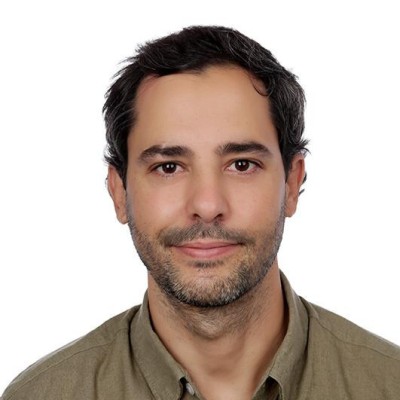
André Valente coordinates the Space Systems and Applications group at the Atlantic International Research Centre (AIR Centre) where he is involved in various initiatives and projects in ocean sciences and Earth Observation applications. Before joining AIR Centre he was a researcher at the MARE Centre of the University of Lisbon. He holds a Degree in Geophysical Sciences from the University of Lisbon, a postgraduation in Ocean Remote Sensing from the University of Southampton and a PhD in Environmental Sciences from the University of Azores. He specializes in the integration of satellite, model and in-situ data, and development of remote sensing methods, for applications in the fields of ocean colour, ocean climate variability, physical oceanography, physical-biological interactions and plastic pollution. He has participated in various national and international projects (e.g., ESA, H2020, Horizon, SBEP, Interreg, FCT), supervised students, collaborated with leading institutions, joined oceanographic cruises, and published various peer-reviewed articles (Citations:1727; h-index: 18; i10-index: 23).
Towards a Marine Organic Carbon Atlas for the Arctic
- Artur Palacz (Institute of Oceanology - Polish Academy of Sciences)
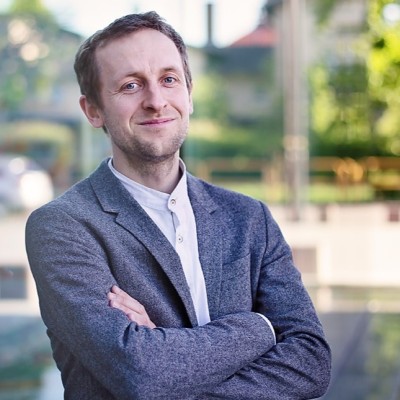
Artur Palacz is an oceanographer working at the Institute of Oceanology, Polish Academy of Sciences, in Sopot, Poland. He is actively involved in several large international projects advancing research on ocean biogeochemistry, marine biology and ecosystems, and in particular the development of innovative ocean observation products. Since receiving his PhD in Oceanography from the University of Maine (USA), he has traveled the world gaining experience in various aspects of ocean observations, modelling, scientific assessments as well as science communication and coordination. Artur served as the project officer for the International Ocean Carbon Coordination Project (2016-2023) and continues to support the coordination of the Integrated Marine Debris Observing System (since 2022).
Connecting the Dots: Coordinating Ocean Observations Towards a Global Ocean Observing System for Biology and Ecosystems
- Ana Lara Lopez (Global Ocean Observing System - GOOS)
Ana Lara Lopez is the GOOS BioEco Panel International Project Officer, based in Hobart, Australia. Ana is a biological oceanographer with experience in fisheries acoustics and fish ecology from estuaries to deepwater. She has worked in academia, as well as industry as an environmental consultant and government in fisheries management. Over the last 10 years Ana has worked with ocean observing systems at the national level working for Australia’s Integrated Marine Observing System, at the regional level with EuroGOOS and globally working with the Global Ocean Observing System where she helps lead and facilitate the work of the Biology and Ecosystems Expert Panel.
Biological Carbon Pump and Ocean Carbon Sequestration
- Andre Visser (Technical University of Denmark - DTU)

Andre Visser is professor of physical oceanography at DTU and works extensively at the interface between the physics and biology of the oceans. Over a 30 year career, he has worked on topics ranging from turbulence and shelf-sea dynamics to vertical migration and trait-based ecology, often developing mathematical models to describe the various processes involved. In recent years he has focused on the biological carbon pump, its role in the global carbon cycle and its potential to mitigate climate change.
Using eDNA to detect the diversity of macroalgal forests
- Alexander McGrath (University of Pisa - UNIPI)

Alexander McGrath (he/him) is an experimental ecologist using macroalgal systems to ask questions about host-microbe interactions and their consequences on ecosystem function and persistence within a changing ocean. Alongside this, He is interested in developing and incorporating novel molecular tools to broaden our understanding of these highly important systems.
Sentinels in a Changing Ocean: Modeling Pteropods as Early Warning Signals of Climate Change
- Sarah Albernhe (Mercator Ocean International - MOi)

Sarah is a Postdoctoral Researcher at Mercator Ocean International. Her work focuses on marine ecosystem modelling at low and mid-trophic levels (zooplankton and micronekton), investigating how these organisms interact and how environmental factors influence their distribution. She also studies their role in the carbon cycle and monitors long-term changes in their populations in response to global warming.
From local observations to global assessments: Advancing biology and ecosystem EOVs through FAIR data
- Florian Lüskow (Uppsala University)
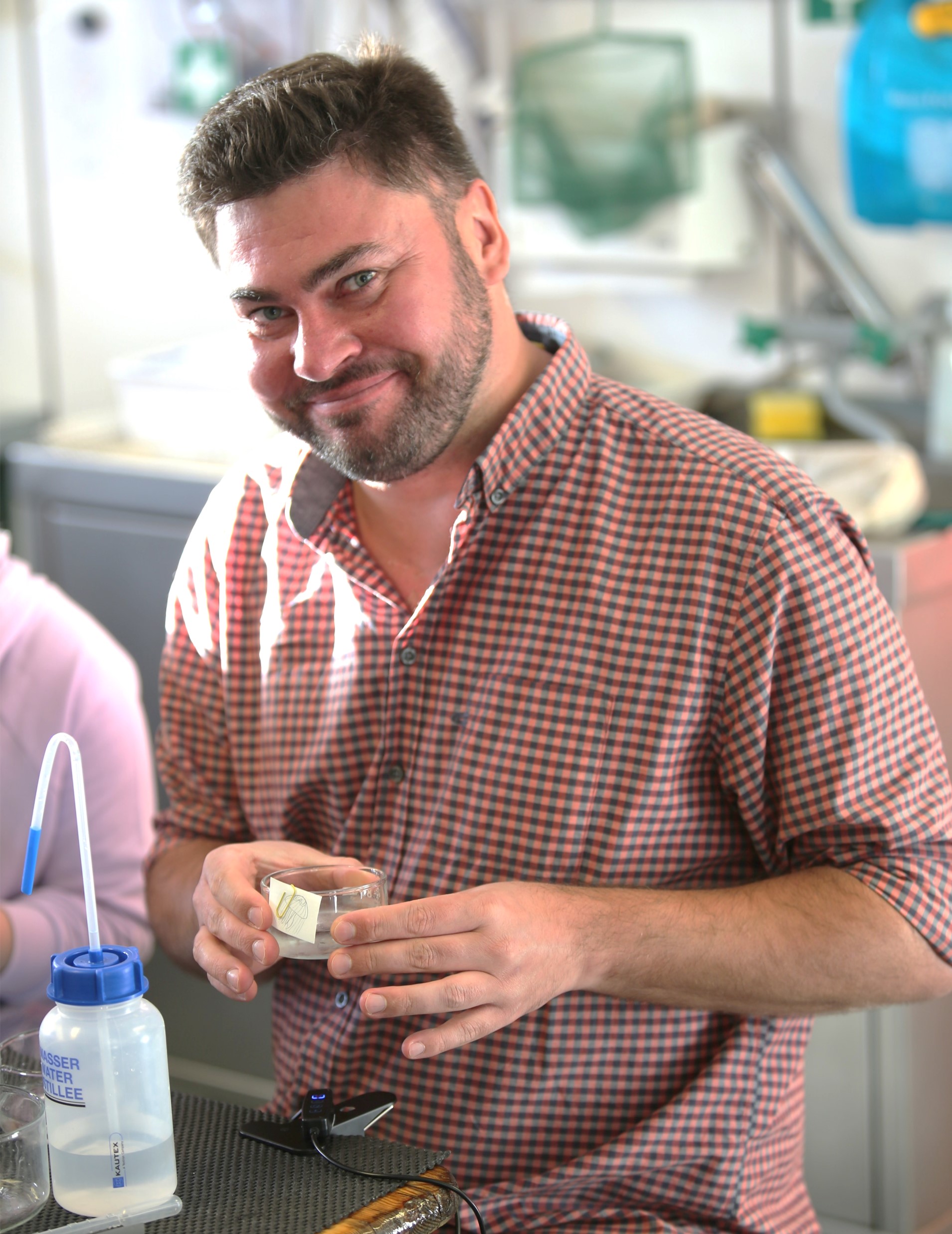
Dr. Florian Lüskow is a marine biologist and biological oceanographer based at Uppsala University (Campus Gotland). He serves as associate editor for Marine Biology as well as Pacific Science, and co-leads the Baltic Sea Living Lab within the EU-funded Horizon BioEcoOcean project. Florian Lüskow completed his Ph.D. in oceanography at the University of British Columbia (Canada) and has held postdoctoral positions in Germany and Canada before joining Uppsala University. His research focusses on zooplankton (including jellyfish, ctenophores, and thaliaceans) biology and ecology in marine and freshwater systems, with a strong interest in linking local observations to global assessments. He also acted as a contracted expert for Environment and Climate Change Canada in 2024.
Moderator
- Marja Koski (Technical University of Denmark - DTU)
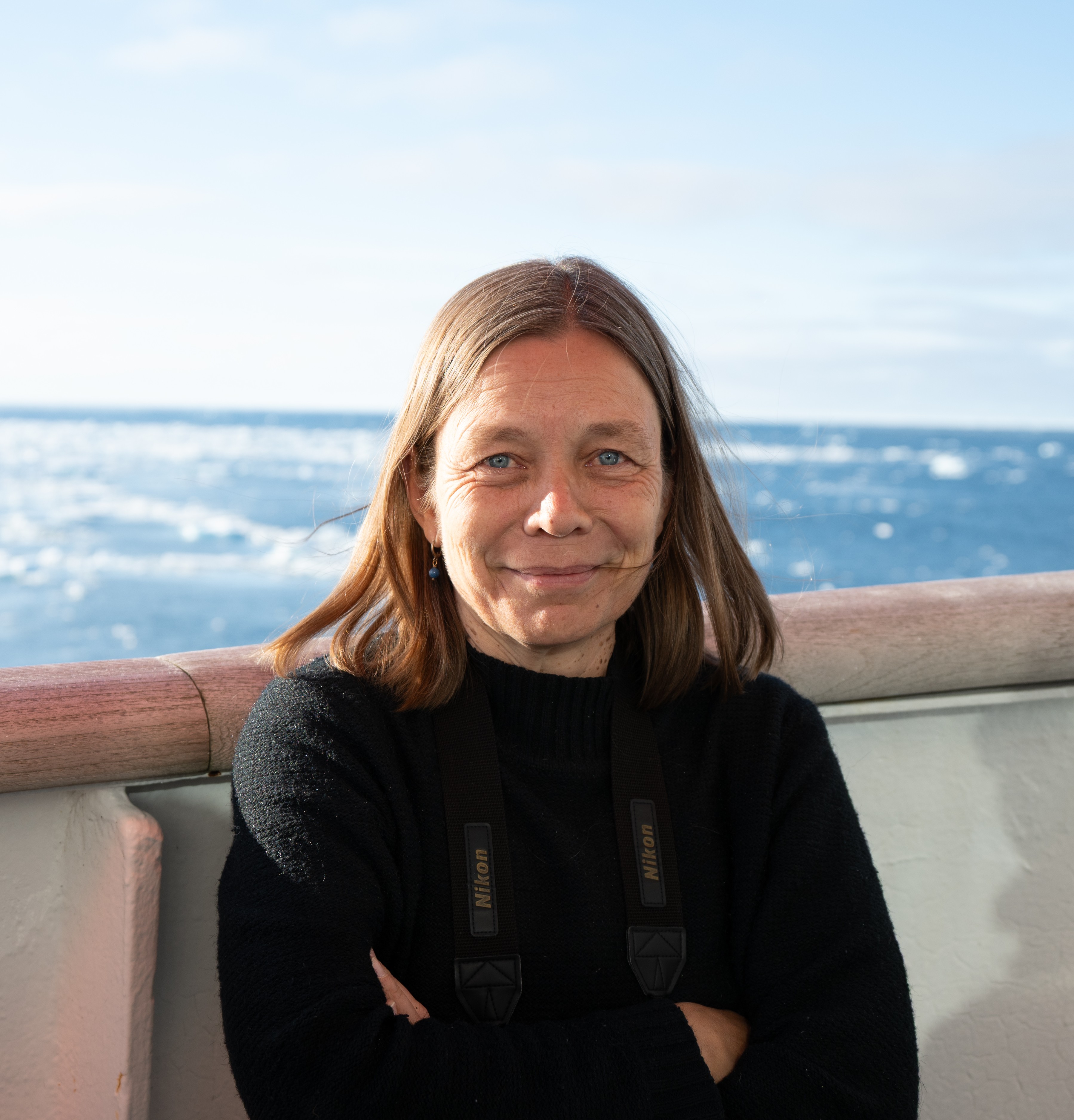
Marja Koski, who will moderate the BioEcoOcean online mini symposium, is a biological oceanographer focusing on the role of zooplankton in the biological carbon pump and in food web efficiency. She has over 20 years of experience in plankton ecology, including both laboratory and field studies, from the Arctic to the tropical ocean. Marja holds a professorship at the Technical University of Denmark and leads Work Package 3 in BioEcoOcean.
